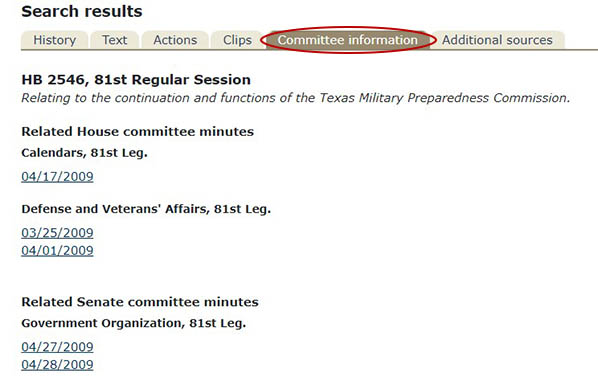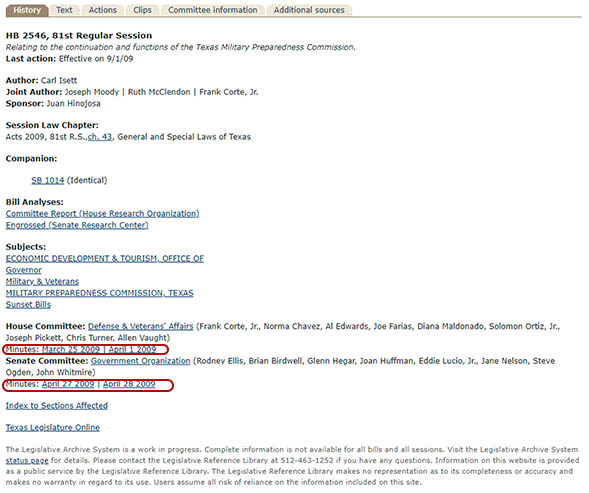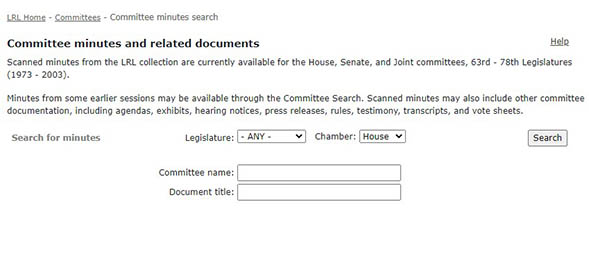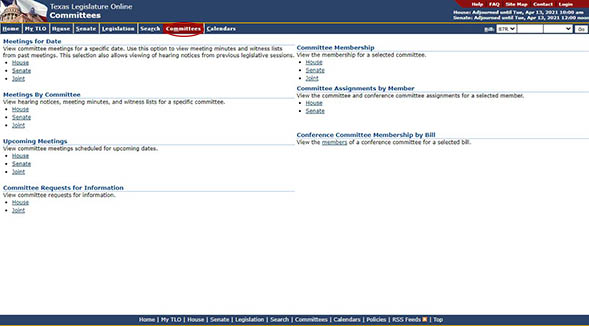As the 87th Legislature draws to a close, a series of end-of-session deadlines begin to take effect. Below is a list of deadlines that occur next week:
- Monday, May 24: Deadline for the last House Local & Consent Calendar with Senate bills (SBs) to be distributed.
- Tuesday, May 25: Last day for the House to consider second reading Senate bills and Senate joint resolutions (SJRs) on the House Daily or Supplemental Calendar.
- Wednesday, May 26: Last day for the House to consider local and consent Senate bills on second and third reading, and all third reading Senate bills and Senate joint resolutions on the Supplemental Calendar.
Last day for the Senate to consider all bills and joint resolutions on second or third reading. - Thursday, May 27: Deadline for Senate amendments to be distributed in the House.
- Friday, May 28: Deadline for House copies of conference committee report (CCR) on the general appropriations bill to be distributed.
Last day for the House to act on Senate amendments.
Deadline for Senate copies of conference committee reports on tax, general appropriations, and reapportionment bills to be printed and distributed. - Saturday, May 29: Deadline for House copies of conference committee reports on bills other than the general appropriations bill to be distributed.
Deadline for Senate copies of all conference committee reports on bills other than tax, general appropriations, and reapportionment bills to be printed and distributed. - Sunday, May 30: Last day for the House to adopt conference committee reports or discharge House conferees and concur in Senate amendments.
Last day for the Senate to concur in House amendments or adopt conference committee reports. - Monday, May 31: Last day of the 87th Regular Session (Sine die); only corrections may be considered in the House and the Senate.
House and Senate calendars are available on the Texas Legislature Online.
Bill statistics for the period of November 9, 2020 — May 14, 2021, are below.
| House Bills (HBs) & House Joint Resolutions (HJRs) |
Senate Bills (SBs) & Senate Joint Resolutions (SJRs) |
|
| Filed | 4,834 | 2,314 |
| Reported out of committee |
1,926 |
732 |
| Passed by chamber of origin | 1,258 | 648 |
| Referred to committee in opposite chamber | 922 | 633 |
| Reported out of committee in opposite chamber | 224 | 466 |
| Passed opposite chamber | 88 | 147 |
| Signed by the Governor | 4 | 3 |












